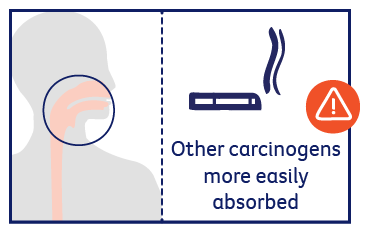Alcohol consumption causes nearly 3,500 people to develop cancer (approximately 3% of people newly diagnosed with cancer) and more than 2000 people to die from cancer in Australia each year.
Alcohol is a known carcinogen. This means that alcohol causes cancer.
There is strong evidence that drinking alcohol increases people's risk of cancers of the female breast, liver, mouth, throat (pharynx and larynx), oesophagus and bowel. Heavy drinking may also increase people's risk of stomach cancer.
Other factors including smoking, being above a healthy weight, poor oral hygiene and poor diet may also increase your risk of cancer, particularly when combined with heavy drinking.
For example, the risk of developing cancer from drinking alcohol is significantly greater in people who smoke.
Ways alcohol causes cancer
Alcohol can cause cancer by:
- ethanol (pure alcohol) and its toxic by-product acetaldehyde damaging cells by binding with DNA and causing cells to replicate incorrectly
- influencing hormone levels, which can modify how cells grow and divide
- direct tissue damage, increasing the absorption of other carcinogens.
Acetaldehyde
Acetaldehyde is toxic and can lead to irreversible DNA damage, which can lead to cancer.
- The liver converts most of the ethanol in alcoholic beverages we consume into acetaldeyde. Small amounts of ethanol are also broken down in the mouth and stomach.
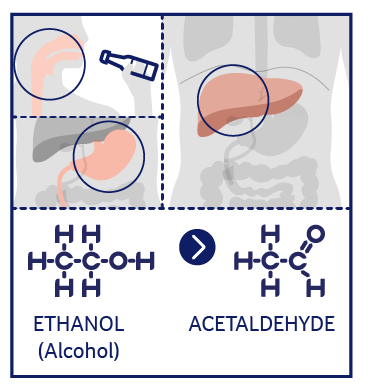
- If too much alcohol is consumed the body cannot process the acetaldehyde fast enough. Acetaldehyde then builds up in the body.
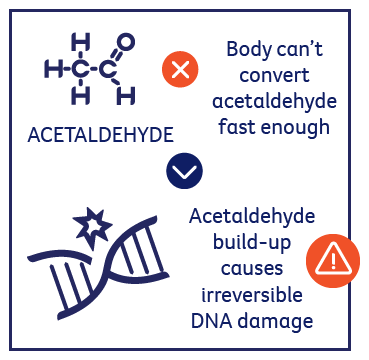
- Acetaldehyde build up can cause irreversible DNA damage, which can lead to cancer (for example, in the bowel).
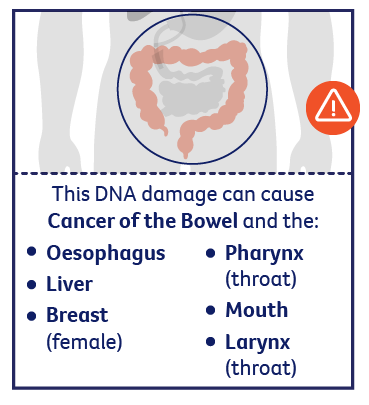
Hormones
Consuming a large amount of alcohol can cause circulating oestrogen levels to rise.
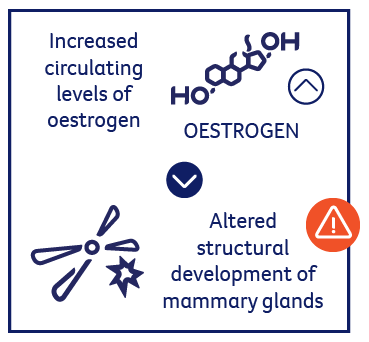
This increase could lead to breast cancer in women through:
- Abnormal development of breast tissue
- Increased cell production and rearrangement
- Increased DNA damage
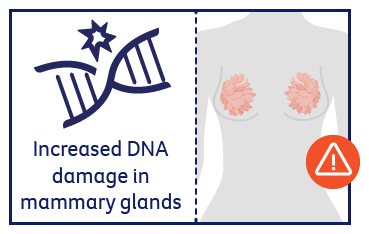
The changes may also affect some trans and gender diverse people in terms of their cancer risk. Please talk with your GP or gender specialist for personalised advice.
Absorption
- Consuming a large amount of alcohol alters the cells in the mouth and throat (pharynx, larynx).
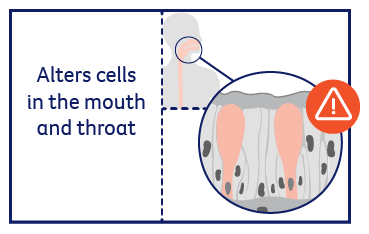
- Alcohol can act as a solvent, making it easier for other carcinogens such as tobacco to be absorbed into cells, leading to cancers of the mouth, throat and oesophagus.
